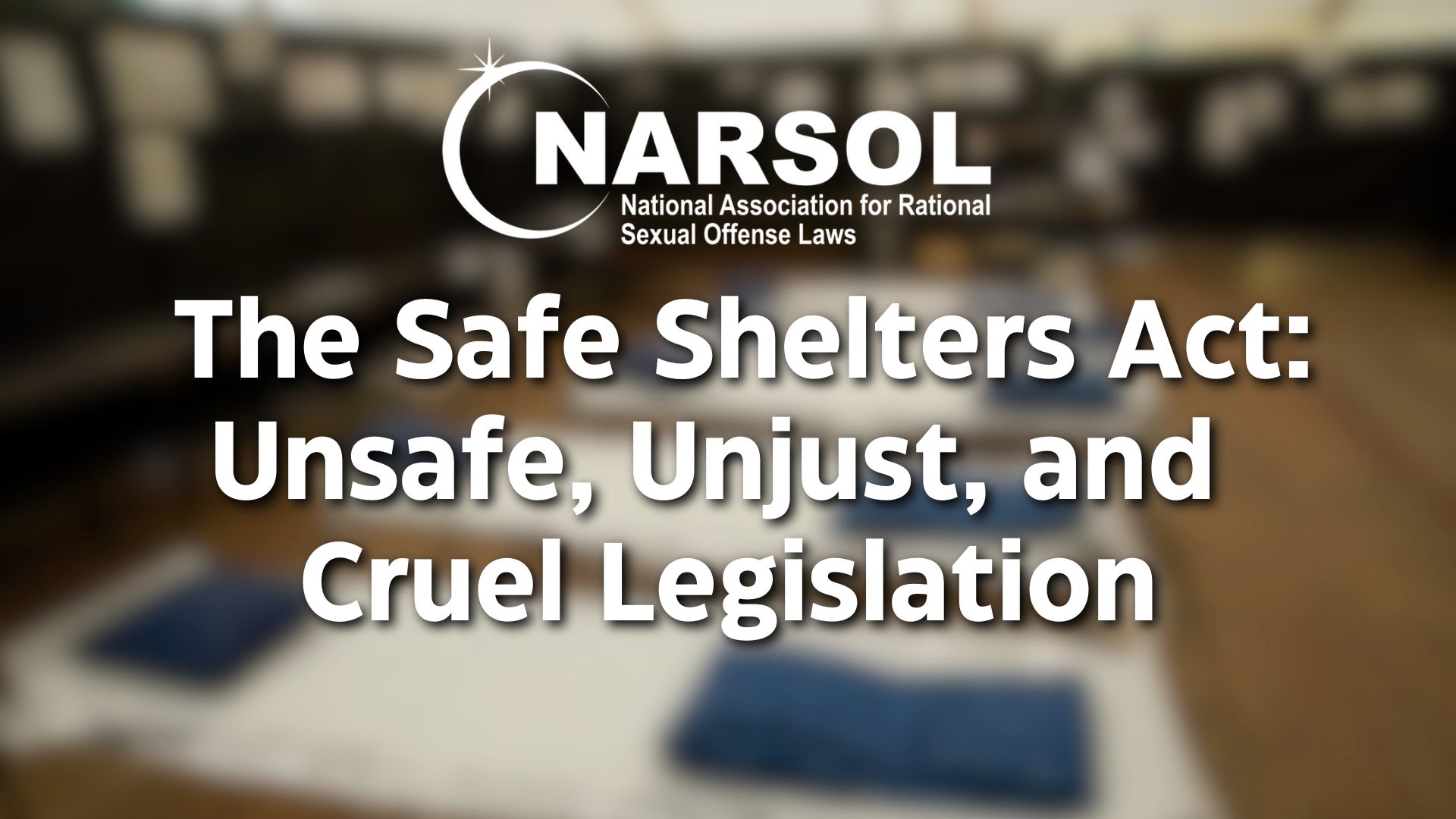Registered citizen sues for the right to live in West St. Paul, Minnesota
By Susan Du . . . Thomas Evenstad, 52, moved into a duplex in West St. Paul on August 21. Three days later, police called his landlord, demanding that he be evicted within 10 days.
That’s because Evenstad was convicted of sexually assaulting an 18-year-old woman in 1999.
As a Level I sex offender – the lowest risk category – he does not need to notify the public whenever he moves into a new community. But police keep tabs on him, and certain cities adopt ordinances limiting where he’s allowed to live. West St. Paul, for instance, doesn’t permit sex offenders to live within 1,200 feet of any school, daycare, or group home. Those who live with their relatives or lived in town prior to the ordinance are exempted.
But those restrictions cover so much of West St. Paul that there’s really no place left, Evenstad says. He believes the city’s rules amount to an effective banishment.
Chicago civil rights attorneys Adele Nicholas and Mark Weinberg, who fight residency restriction laws across the Midwest, agreed to help Evenstad sue West St. Paul. They are arguing that banning him from the city without assessing his likelihood to re-offend imposes another punishment nearly two decades after his conviction.
“Restrictions like this don’t improve public safety,” Nicholas says. “They actually oftentimes increase risk factors for re-offense by isolating people from the community, their families, and other important support, pushing people into homelessness, making it very difficult to find or keep employment.”
The judge in this case has granted Evenstad permission to stay put for the time being. His landlord, who was informed of Evenstad’s status before he moved in, has joined the suit as a plaintiff.
West St. Paul passed its residency restriction ordinance in December 2016 in response to a federal judge’s ruling that the Minnesota Sex Offender Program (MSOP) was unconstitutional. At the time, sex offenders who had already served their sentences were being committed to MSOP’s prison-like treatment centers for life with virtually no chance of getting out. Afraid that a surge of offenders would soon be released, many cities preemptively passed ordinances to limit the number that could enter their communities.
As it turned out, no major changes came to MSOP. The 8th Circuit Court of Appeals ruled against its residents, and last month the U.S. Supreme Court declined to review the case. Nevertheless, West St. Paul’s residency restrictions stand.
The city has argued that Evenstad’s lawsuit should be dismissed because other 8th Circuit Court cases have already found certain residency restrictions constitutional. In a recent memorandum, the city also proposed some alternative places for Evenstad to live within the borders of West St. Paul, including three apartment buildings, residential rental units, and single family homes located mostly on the edge of town.
“Given the many rental options existing in West St. Paul alone, Plaintiff has failed to show a real threat of homelessness and, consequently, has failed to demonstrate irreparable harm,” the city wrote.
Evenstad calls those alternatives “red herrings,” either far too expensive for his means, occupied, or exclusive to those who pass a background check.
“I called these apartments and they don’t rent to convicted felons, let alone a convicted sex offender,” he says. “[The shelter] or the street are my options.”


